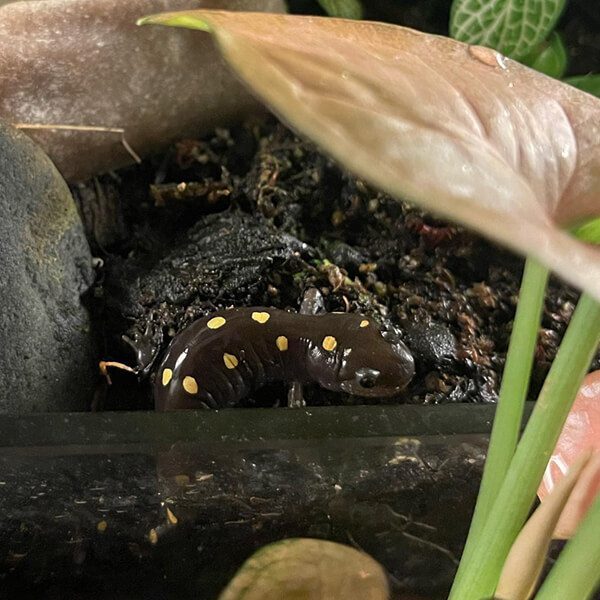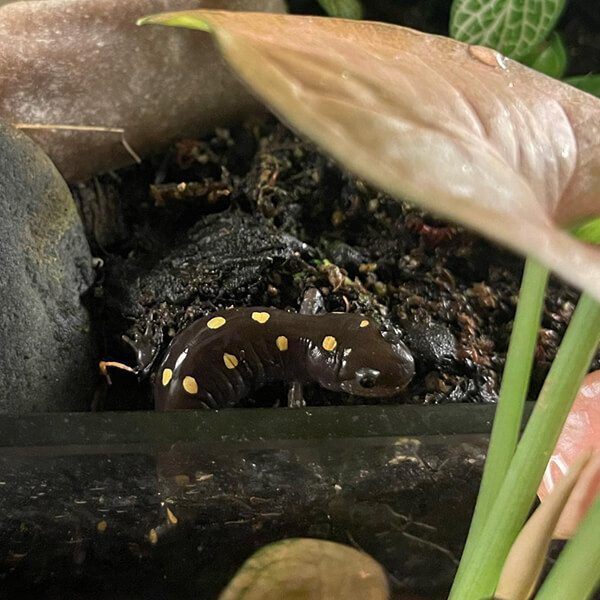Our Recommendations for Annual Reptile and Amphibian Check-Ups
Your reptiles and amphibians should come in for a check-up at least once a year. Just like other animals, they're good at hiding when they're not feeling their best, often until their health has significantly declined. By doing regular wellness exams, we can catch potential health issues before they have a chance to take hold.
Here's what you can expect during your pet’s annual wellness visits:
- A comprehensive physical exam
- Weighing your pet
- Blood tests
- Stool exam
- An in-depth talk about food, habitat, handling techniques, and indicators of poor health
Signs Your Reptile or Amphibian Might Be Sick
Reptiles and amphibians seldom exhibit obvious signs in the early stages of illness. But keep a lookout for the following symptoms and call us immediately at (215) 995-4049 if something seems wrong:
- Changes in eating habits (reduced appetite or not eating)
- Rapid weight loss
- Unusual sluggishness
- Abrupt aggressive behavior
- Struggles with shedding skin (or extended shedding periods)
- Changes in waste elimination, including color, frequency, or texture
Signs of Illness in Reptiles
Some telltale signs your reptile is feeling unwell include:
- Lack of appetite
- Lack of or change in droppings or urates (white portion)
- Weakness, limping, unable to elevate body when walking
- Abnormal shedding
- Inactivity
- Nasal / ocular discharge
- Dulling of skin or scales
- Head banging
- Shaking or tremors
- Increased thickening of saliva
- Open mouth breathing

Typical Health Issues We Encounter in Reptiles
They might seem tough, but reptiles are not immune to illnesses. The following are health problems we often diagnose in reptiles:
- Egg-bound conditions (in turtles, tortoises, and lizards)
- Presence of parasites
- Skin disorders
- Oral health issues (common in bearded dragons)
- Nutritional deficiencies (often linked to an imbalanced diet and inadequate UV light)
- Metabolic bone disorders
- Respiratory ailments
- Digestive system issues
If you notice any of the above symptoms, or if your pet seems off in another way, don't hesitate to call us at (215) 995-4049.



